Recycled-BTX – Nonwoven – Weaving 05-12-2022 - Arhive
Recycled-BTX – Nonwoven – Weaving
-Bottle-recycling – Petrochemicals
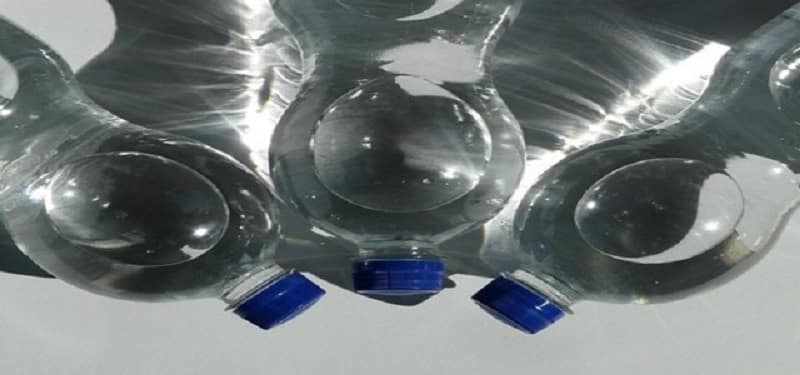
Crude Oil Prices Trend
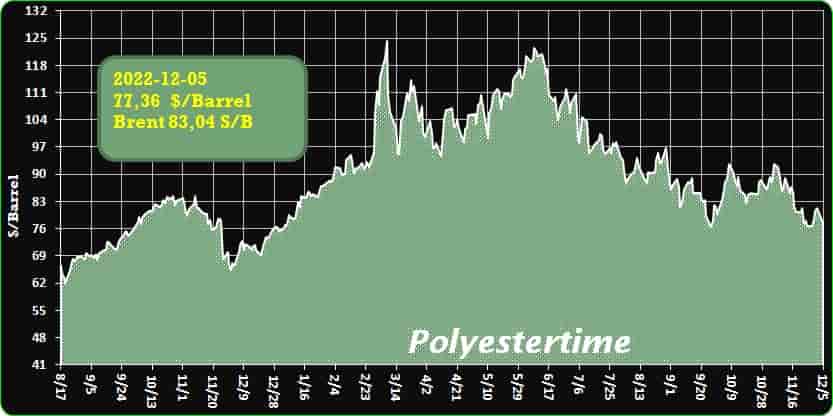
Crude Oil Prices Trend Polyestertime
-RePEaT Co. Ltd. to license polyester chemical recycling technology
RePEaT is a joint venture formed by Teijin, JGC and Itochu.
Teijin Ltd., JGC Holdings Corp. and Itochu Corp., each based in Japan, have announced an agreement to establish a joint venture company, RePEaT Co. Ltd., to license technology to chemically recycle polyester products. Teijin and JGC Holdings both own 45 percent of the joint venture, and Itochu owns 10 percent.
The new joint venture, based in Tokyo, will license chemical-recycling technology called dimethyl terephthalate (DMT), which decomposes and converts polyester (PET) and then repolymerizes it. Notably, the DMT method removes dyes and impurities, the companies say, making it possible to manufacture recycled PET with the same quality as petroleum-derived PET. Recycled-BTX – Nonwoven – Weaving
Teijin says it has extensive experience using DMT technology for the commercial production of polyester products, including colored textile scrap and colored PET scrap.
Currently, the companies say, disposed textile products are used as a heat source (thermal recovery) or as raw materials for the production of other products (material recycling). Chemical recycling, however, would allow used textile products to be turned into new textile raw materials.
After concluding a preliminary agreement in April 2021, the three companies explored commercial opportunities to globally license the technology, using Teijin’s DMT expertise and know-how, JGC’s general engineering experience and know-how in plant construction and Itochu’s global network in the textile industry. In view of the strong global demand envisioned for their licensed technology, the partners have now decided to proceed with establishing a commercial joint venture.
RePEaT will license recycling technology that was first developed by Teijin and then jointly streamlined and packaged by JGC and Teijin. Customers in Japan and other countries are expected to use the technology to launch chemical-recycling businesses for the production of polyester products.
In addition to technology licensing, RePEaT will provide consulting services to help customers establish ecosystems that collect used polyester fiber products for reuse as raw materials.
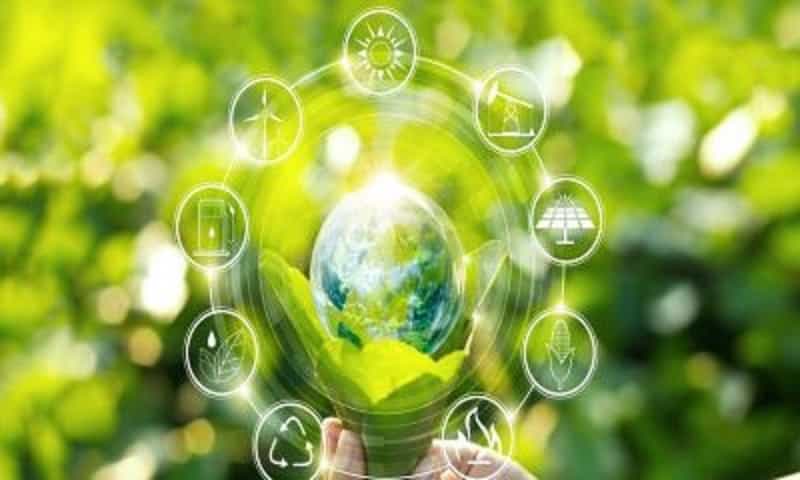
-Recycled BTX samples on offer from Anellotech
Produced from mixed waste plastics via Plas-TCat process
Anellotech has produced drum quantities of aromatics produced from recycled mixed waste plastics. The company is offering the recycled benzene, toluene and xylenes (BTX) as samples to current and potential commercial partners.
The aromatics are the outcome of the company’s ongoing studies demonstrating Anellotech’s Plas-TCat catalytic pyrolysis technology, and produced at its fully automated, 30-meter-tall pilot plant located inside Trecora’s Silsbee, Texas facility.
“Anellotech can offer BTX samples made directly from mixed waste plastics to potential commercial partners to encourage engagement with our program,” says David Sudolsky, President and CEO of Anellotech. He noted that in contrast to thermal pyrolysis, Plas-TCat makes BTX and other chemicals in one reactor, providing true 100-percent recycled BTX without having to resort to a mass balance approach ‘for studies today and eventual future commercial use’. Recycled-BTX – Nonwoven – Weaving
Based on a proprietary catalyst and fluid bed reactor- regenerator system, Plas-TCat provides a new, direct route to light olefins and aromatics from plastic waste streams. The system can operate 24/7 and converts a representative mixed waste plastics feedstock — polyolefins, polyamides (nylon), polyethylene terephthalate (PET), polycarbonate and polystyrene, but not PVC – into BTX, light olefins and paraffins, without the need for steam cracker furnaces.
The resulting output of benzene, toluene and xylenes, as well as ethylene, propylene and butylene (light olefins), are suitable after separation for plastics manufacturers to produce a wide range of virgin plastics.
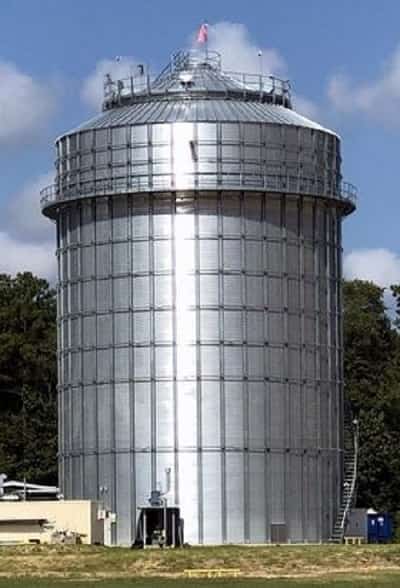
-Oerlikon Nonwoven: Sustainable System Solutions For Filtration Requirements
Sustainability, quality and efficiency are today’s requirements for systems solutions for filtration applications and their end products. These requirements are covered by the Oerlikon Nonwoven product portfolio in every respect. The company will be showcasing its meltblown and spunbond portfolio at the upcoming FILTECH in Cologne between February 14 and 16, 2023. Trade fair visitors will be able to meet the team at Stand B18 in Hall 8 to find out more about the hycuTEC charging unit, this year’s FILTREX Innovation Award winner, among other things. Recycled-BTX – Nonwoven – Weaving
hycuTEC – technological quantum leap for filter media
In the case of its hycuTEC hydro-charging solution, Oerlikon Nonwoven offers a new technology for charging nonwovens that increases filter efficiency to more than 99.99%. For meltblown nonwovens producers, this can mean material savings of 30% with significantly superior filter performance. Due to its extremely low water and energy consumption, the hycuTEC is also a future-proof, sustainable technology, as the process can be used without any additional drying steps in the case of most applications.
Sustainable nonwovens made from bio-based polymers
The bio-based polymer PLA (polylactic acid) is the perfect alternative for those wanting to manufacture sustainable nonwovens. And the Oerlikon Nonwoven meltblown and spunbond technologies are ideally suited for processing PLA, for example. To visualize this, the Neumünster-based systems builder will be presenting medical oronasal masks made from PLA at the FILTECH, whose protective effectiveness and wear comfort are equivalent to those of conventional PP masks.
Spunbond solutions for filter applications
Spunbond products are becoming increasingly important in filtration applications – as backing materials for filter media and as the filter media themselves. The fact that the nonwoven structure can be tailored to specific tasks enables targeted, customer-specific requirements for various functions to be realized. And combining various functions in a single layer is also possible. Recycled-BTX – Nonwoven – Weaving
The bi-component spinning process enables the creation of completely new nonwoven structures and hence the incorporation of various functions in a single material. The bicomponent spinning process permits various fiber cross-sections, while standard virgin polymers, bio-based polymers and recycled polyester can be used as raw materials.
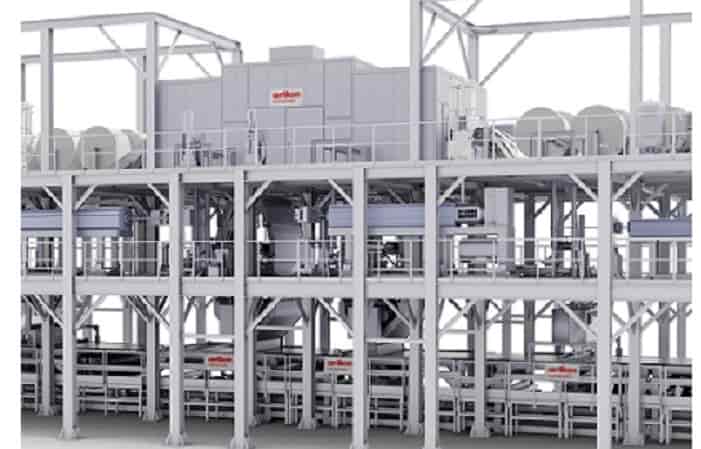
-HYDROGEN POLICY: US lawmakers, ACC promote Hydrogen for Industry Act
US senators are working on legislation to support the adoption of hydrogen in energy-intensive sectors.
Senators Chris Coons (Democrat, Delaware) and John Cornyn (Republican, Texas) joined forces on the bipartisan Hydrogen Infrastructure Initiative, also known as the Hydrogen for Industry Act, which is a package of three bills and is also known as S. 3112.
Hydrogen is a high-energy fuel source that does not emit greenhouse gases at the point of use, properties that allow it to be used in intense and long-duration applications, the lawmakers said, in promoting hydrogen use. Recycled-BTX – Nonwoven – Weaving
“In order to move toward a more sustainable future, it is imperative that we invest in the programmes and technologies that will help us get there,” said Coons.
“Delaware is leading the way in advancing hydrogen technologies, which can provide a clean and reliable source of energy for the hardest to decarbonise applications and help us move away from fossil fuels.
“Hydrogen deployment in emissions-intensive sectors, such as steel production and shipping, offers the potential to substantially reduce greenhouse gas emissions and improve air quality, all while maintaining energy and economic security.”
The American Chemistry Council (ACC) on Thursday expressed its support for the Hydrogen for Industry Act.
The legislation would amend the Energy Policy Act of 2005 to establish a hydrogen technologies for heavy industry grant programme.
The Senate Energy and Natural Resources Committee is holding a hearing on Thursday to receive testimony on the Hydrogen for Industry Act and other bills.
“We commend Sen. Coons for helping to drive critical investment in the development of hydrogen technologies for the industrial sector,” said Charles Franklin, the ACC’s senior director for energy, climate, and environment. Recycled-BTX – Nonwoven – Weaving
“Chemical companies are among the leaders and participants in exploring the use of hydrogen to help reduce emissions and create jobs. The chemical industry is both a use market and a solution provider for the hydrogen economy.”
He added: “The Hydrogen for Industry Act recognises the US industry’s key role in hydrogen production and technology development and how it can contribute to the hydrogen and fuel cell supply chain going forward. The grant programme created by S. 3112 can help accelerate hydrogen projects that benefit our economy and environment.”
Some ACC members have begun or are developing projects to use hubs for hydrogen, carbon capture, and other lower-emissions technologies.
As part of this effort, the ACC is urging the US Department of Energy (DoE) to fully support chemical industry participation in the development of industrial hydrogen hubs.
As an energy-intensive industry, the chemical sector is a promising use market for hydrogen fuels and technologies.
Meanwhile, chemistry products are being used to build the hydrogen economy.
Examples include carbon fibre used in hydrogen storage, chemistries used in proton exchange membranes, specialty polymers and other inputs for fuel cell components and technologies, thermoplastic and thermoset composites for hydrogen pressure vessels, and recycling of fuel cell materials.
The Hydrogen for Industry Act requires the DOE to establish grant programmes to support the use of hydrogen in energy. Recycled-BTX – Nonwoven – Weaving
Specifically, the DOE must establish a grant program for projects that demonstrate the uses of hydrogen in heavy industry (for example steel, cement, glass and chemical manufacturing).
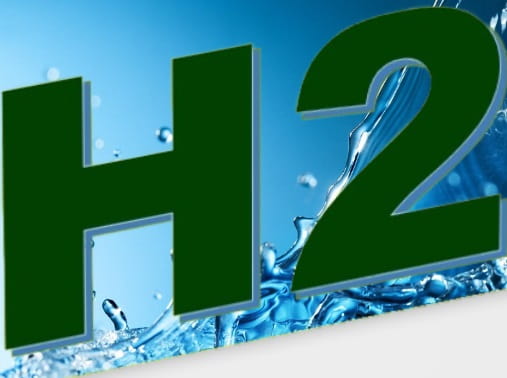
-Itema to showcase weaving solutions range at India ITME 2022
Italy-based Itema, a leading supplier of weaving machines, spare parts, and integrated services, will exhibit at India ITME 2022, which will be held at the India Exposition Mart IEML in Greater Noida (Delhi) from December 8–13. The company will be displaying the R9500-2denim and the Itema rapier R9500-2 in jacquard version at the fair in Hall 15, Booth C6D5. Recycled-BTX – Nonwoven – Weaving
The R9500-2denim, a racehorse in Itema’s rapier technology portfolio, is a weaving machine equipped with the one-of-a-kind iSAVER, a device developed by Itemalab, which eliminates the waste selvedge on the left-hand side of the fabric, allowing never-before-seen raw materials and economic savings. iSAVER established a new benchmark in the weaving industry and today represents the only device effectively running in real weaving conditions, capable of contributing to a sustainable weaving process, according to a press release by Itema.
Moreover, an Itema rapier R9500-2 in jacquard version and weaving furnishing fabrics will also be exhibited at the event.
“We are excited to be finally back at India ITME 2022. India is a key market for Itema and we really value our Indian customers. Our target is much more than selling our weaving machines. We aim at creating long-lasting partnerships built on mutual success,” said Ugo Ghilardi, Itema Group CEO. Recycled-BTX – Nonwoven – Weaving
“The year 2022 represents a landmark year for Itema in India. We are proud to see how our weaving technology is nowadays recognised as the most versatile and the most reliable in terms of textile mastery and performances. In 2022, we established a new record: Itema is by far the best-selling supplier of high-end rapier weaving machines in India,” said general manager sales Sameer Kulkarni, Itema Weaving India.
This success is largely due to the Itema leadership of the Surat region, where weavers selected the Itema rapier weaving machines R9500-2 and R9000-2 as their preferred option for weaving sophisticated fashion apparel and saree fabrics. Both with dobby and jacquard shedding, the Itema rapier technology demonstrated superior performances in terms of fabric quality and insertion of fancy yarns.
Itema is present in India with a fully operational branch since 2003, counting more than 50 employees, with sales and after-sales teams, technical support, and advanced repair centres to ensure the highest possible standard of weaving solutions, with a complete offering and range of services for its customers in the Indian market, added the release.
Itema is a trusted partner of many Indian weaving mills, from large textile conglomerates to smaller textile manufacturers, providing advanced and user-friendly weaving technology and real-time assistance, from the initial negotiation stage and throughout the whole machine life cycle.
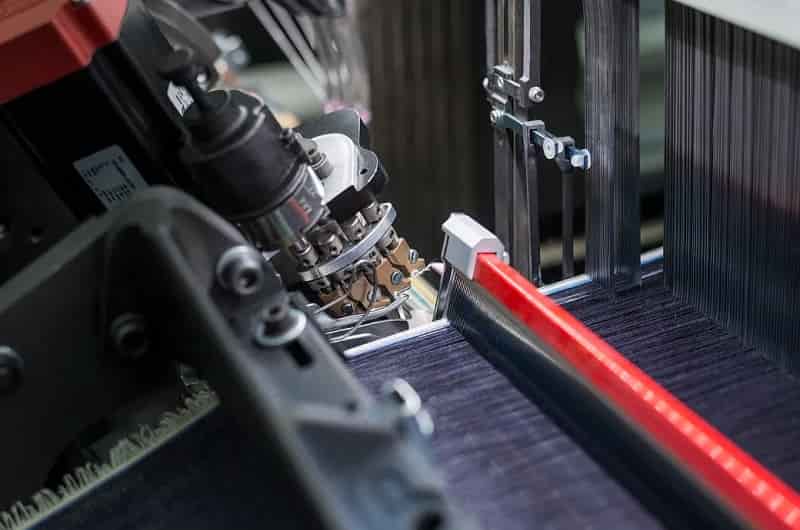
-“First” Bacteria to Upcycle Single-Use PET Heading to Space
Collaborators at Seed Health, MIT, NREL, Weil Cornell and Harvard have built an autonomous biological system which converts PET to an environmentally-benign “new” plastic. Recycled-BTX – Nonwoven – Weaving
We have reported over the last several years on bacteria-based biodegrable bioplastics with PHA (polyhydroxyalkanoate) the most notable in terms of commercial realization and impact. Recently, we were contacted by Seed Health, a microbiome science company, regarding its new environmental research collaboration with MIT Media Lab Space Exploration Initiative, the National Renewable Energy Laboratory (NREL), Weill Cornell Medicine (WCM) and Harvard Medical School, which will send the first bacteria to upcycle single-use plastic (PET) to the International Space Station (ISS). At the helm, is Seed Health’s environmental division SeedLabs which harnesses the power of microbes to unlock a new method for the degradation, reuse and redesign of plastic that could reimagine the future of waste management—both in spaceflight and on Earth.
Collectively, this project’s team have built the first biological system to upcycle single-use PET into an environmentally-benign ‘new plastic’ via engineered bacteria. The system first introduces PET to a specialized enzyme, which breaks it down into organic compounds, then utilizes the bacterial strain Pseudomonas putida to convert these compounds into β-ketoadipic acid (BKA)—a high-performance nylon monomer which can be formulated into various objects. Recycled-BTX – Nonwoven – Weaving
The biological system was scheduled for transport to the ISS aboard SpaceX CRS-26 on November 26, 2022, out of Kennedy Space Center. The unique microgravity and radiation at the space station may act as catalysts for sustained, enhanced bioactivity, allowing for more efficient biological upcycling. Moreover, the conditions will allow the researchers to test mechanistic performance following exposure to UV radiation outside of Earth’s atmosphere, in anticipation for changing environmental conditions on Earth and beyond. Once in-orbit, the autonomous system will proceed with the pre-programmed experiment schedule, enabling culturing and data collection without need for human intervention or astronaut resources.
Said NREL biologist Allison Werner, “Microbes have evolved enzymes and catabolic pathways to degrade and catabolize human-made plastics as carbon and energy sources. Our system takes that biological process one step further, microbially upcycling those degraded compounds into a high-performance material for reconfiguration. This empowers us to not only redefine the lifetime of synthetic plastics on Earth, but represents a new frontier for resource utilization in space travel.”
Explained Xin Liu, MIT Space Exploration Initiative Arts Curator, “Microbes’ versatile upcycling capabilities offer a promising tool for the future of space exploration, where In-situ Resource Utilization is crucial for longer and more adaptable manned space missions. We hope our open-source system can present a potential to enable more access to synthetic biology experiments and applications in spaceflight that will ultimately enable resource-sustainability in space travel. More importantly, we must remember that our Earth is also a spaceship –– for us, the importance of this research is not limited to space flight but its benefit for our home planet.” Recycled-BTX – Nonwoven – Weaving
Seed Health Co-CEO and Co-Founder, Raja Dhir, noted that the company was founded on the belief that the application of microbes holds vast potential to solve some of our greatest health and environmental challenges. “It is an honor to collaborate with experts at the forefront of microbial innovation to empower a circular economy for plastic and to imagine a future where ecologies impacted by human activity could recover.” This latest expedition expands Seed Health’s environmental work under SeedLabs, reflecting its commitment to advance microbially-derived solutions for planetary health.
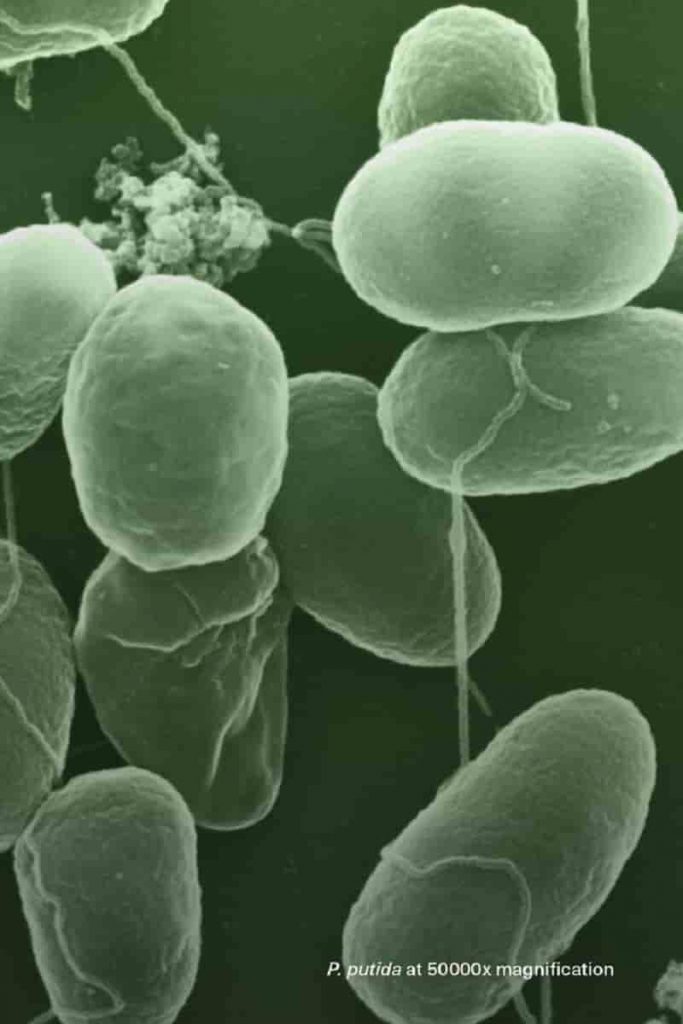
Recycled-BTX – Nonwoven – Weaving
